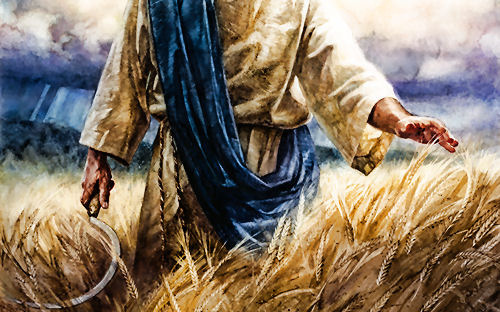Good stories follow the same pattern. It begins with a journey, moves through a struggle, and ultimately leads to transformation. The book of Job is no different. Your life—your story—is no different.
I hate Job’s struggle. Truly, I hate reading about it. Thirty-six of the forty-two chapters in Job are filled with sickness, loss, and uncertainty as Job and his friends wrestle with suffering.
Today, we finally get to the end. It’s easy to dwell on the last chapter and celebrate Job’s restored wealth. Finally, I think, he is rewarded for his faithfulness. But my initial thoughts are wrong. The restoration of Job’s wealth is not the victory. No, victory is secured in verses 5 and 6. Job says,
I had only heard about you before,
but now I have seen you with my own eyes.
I take back everything I said,
and I sit in dust and ashes to show my repentance.” Job 42:5-6 (NLT)
Do you see it? Job’s relief wasn’t about prosperity. Nor was it about vindication. Job found relief when he fixed his eyes on God.
Psalms 123
I lift my eyes to you,
the one enthroned in heaven.
Like a servant’s eyes on his master’s hand,
like a servant girl’s eyes on her mistress’s hand,
so our eyes are on the Lord our God
until he shows us favor.
Show us favor, Lord, show us favor,
for we’ve had more than enough contempt.
We’ve had more than enough
scorn from the arrogant
and contempt from the proud.


